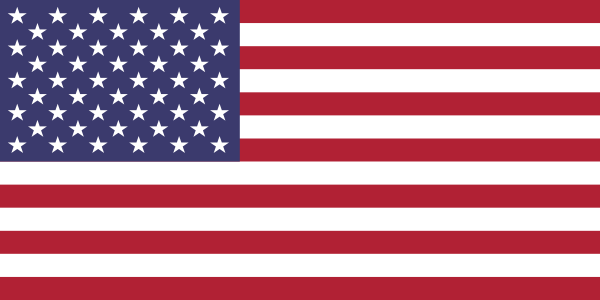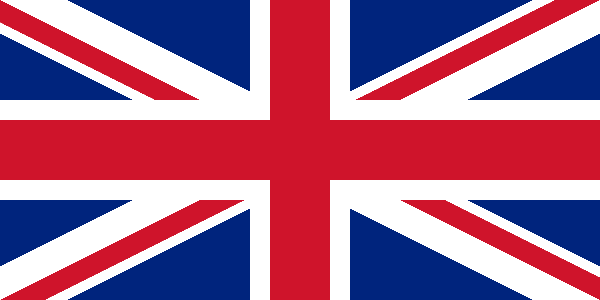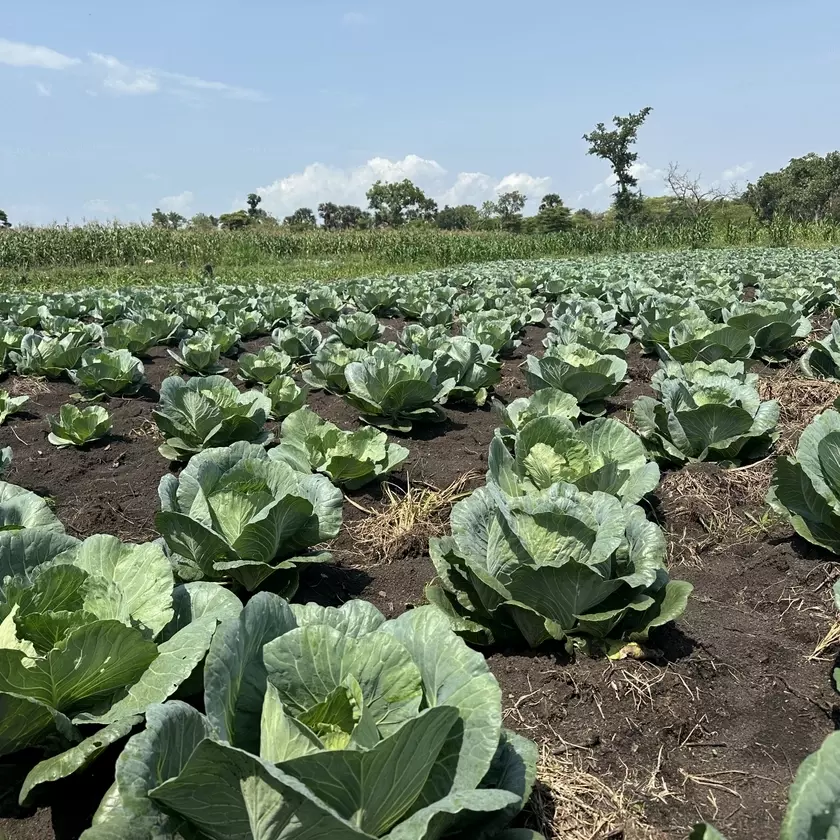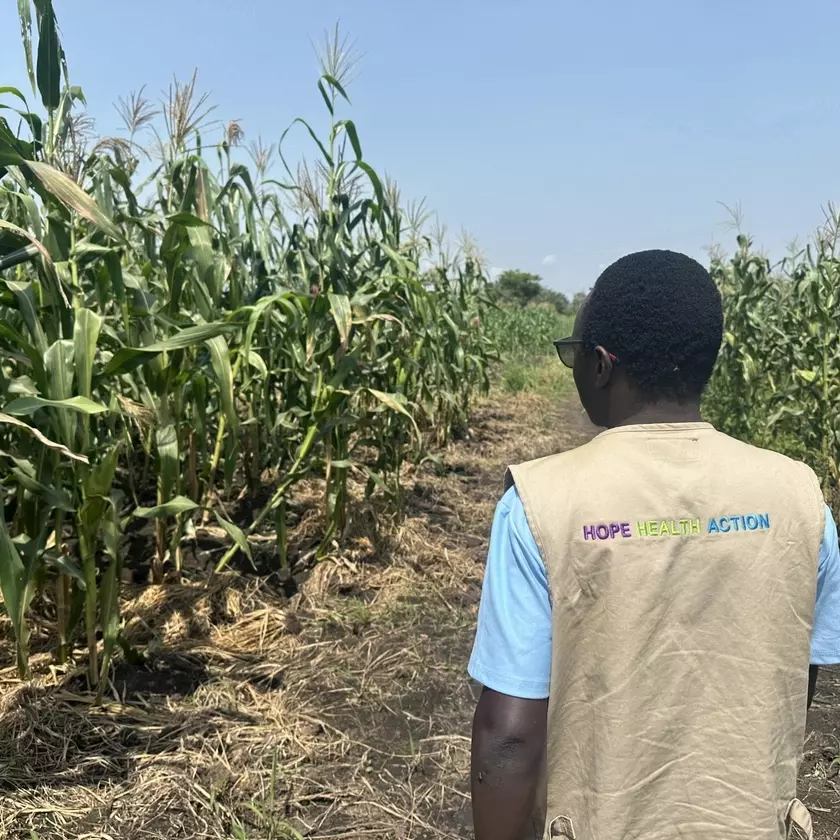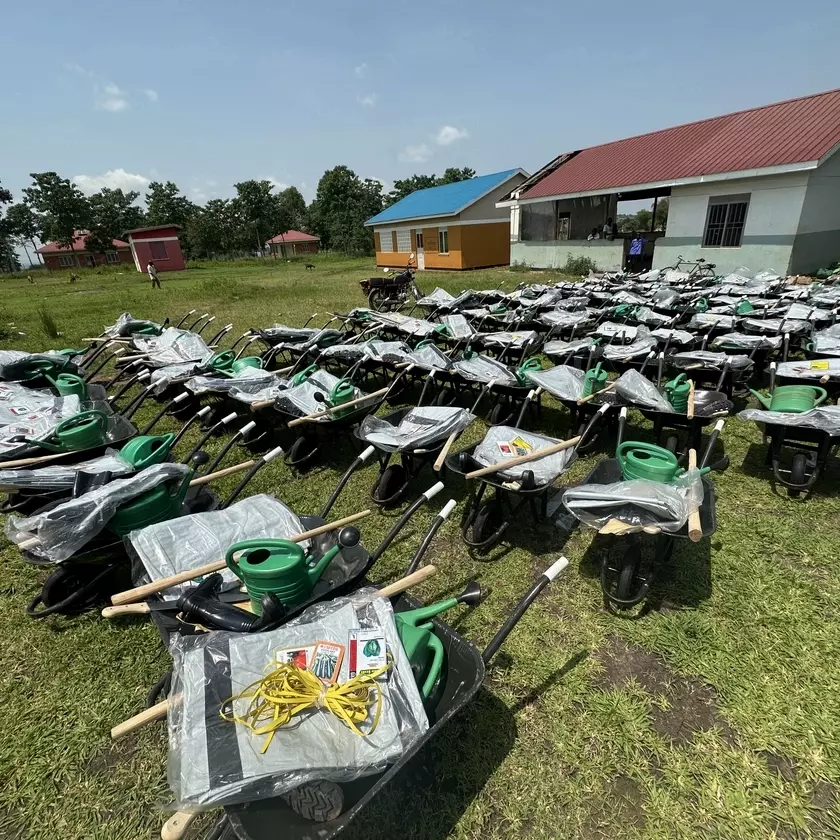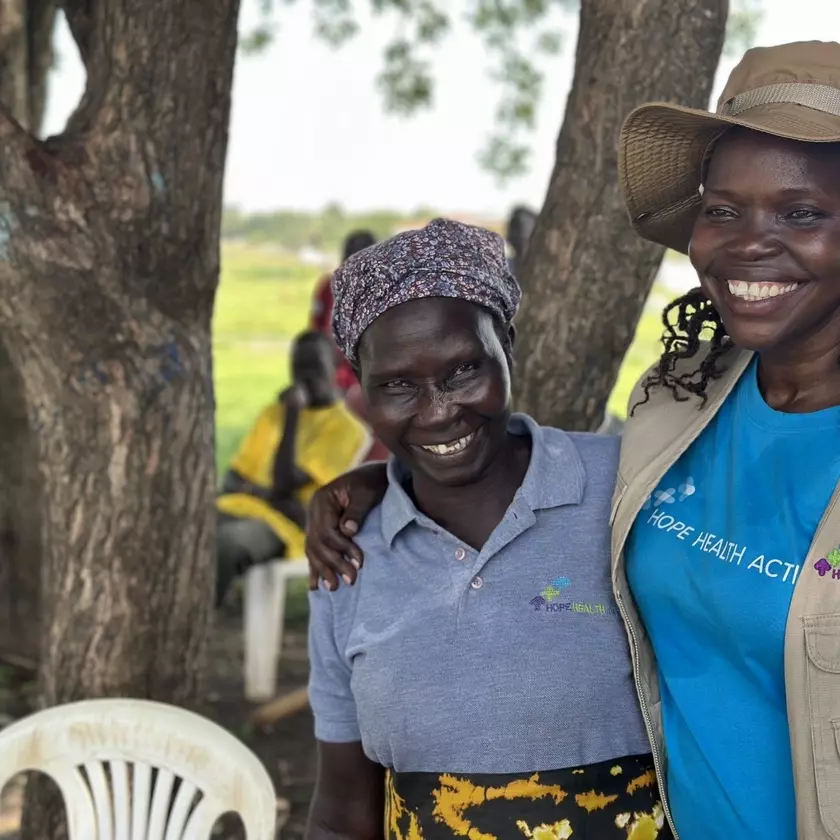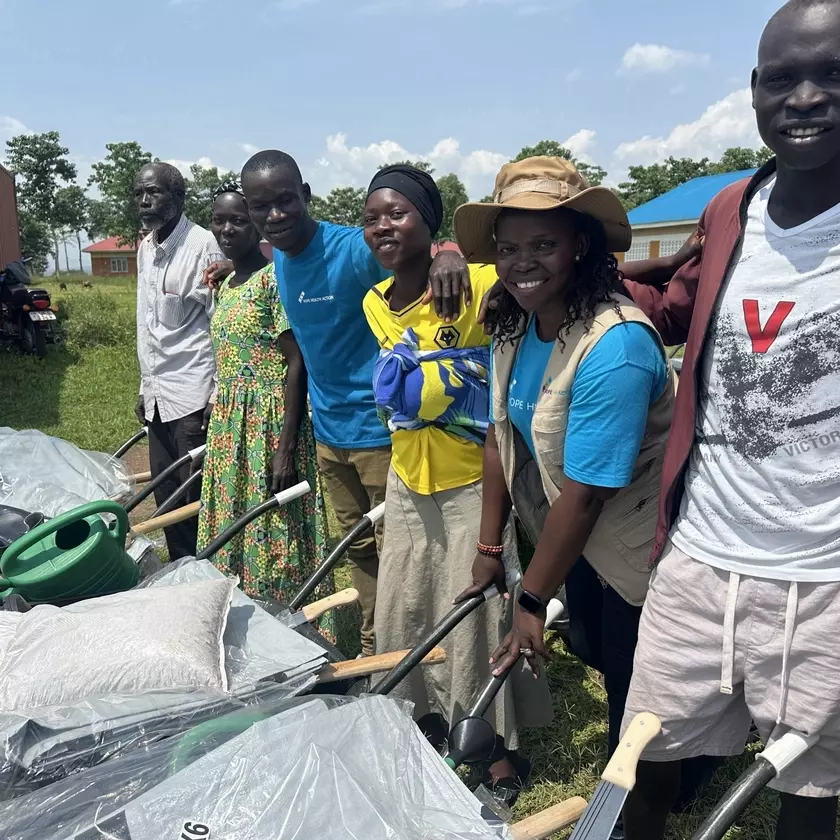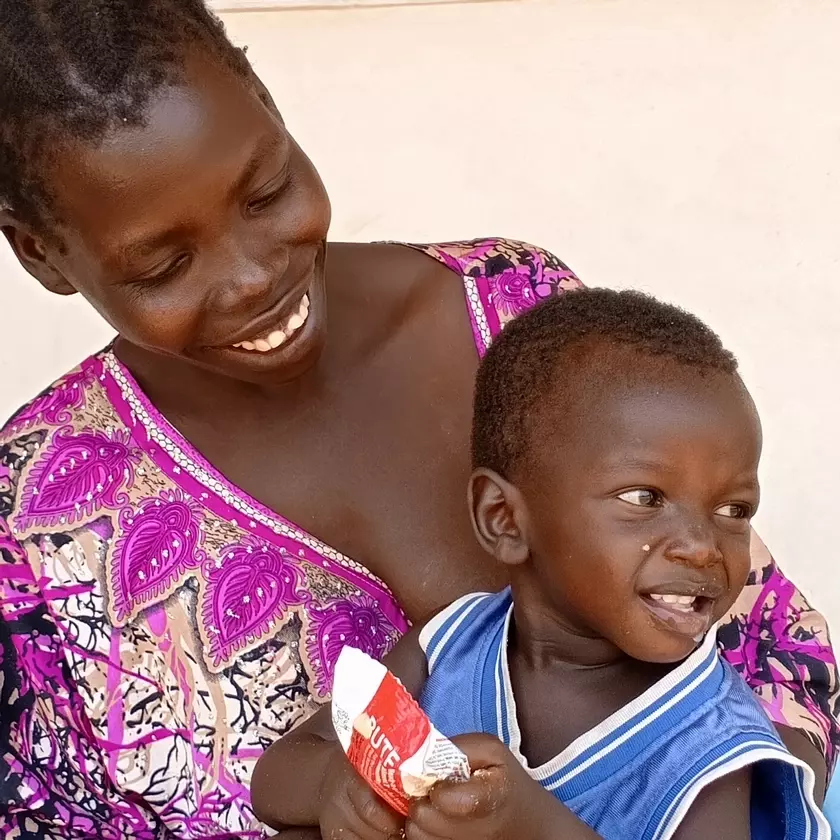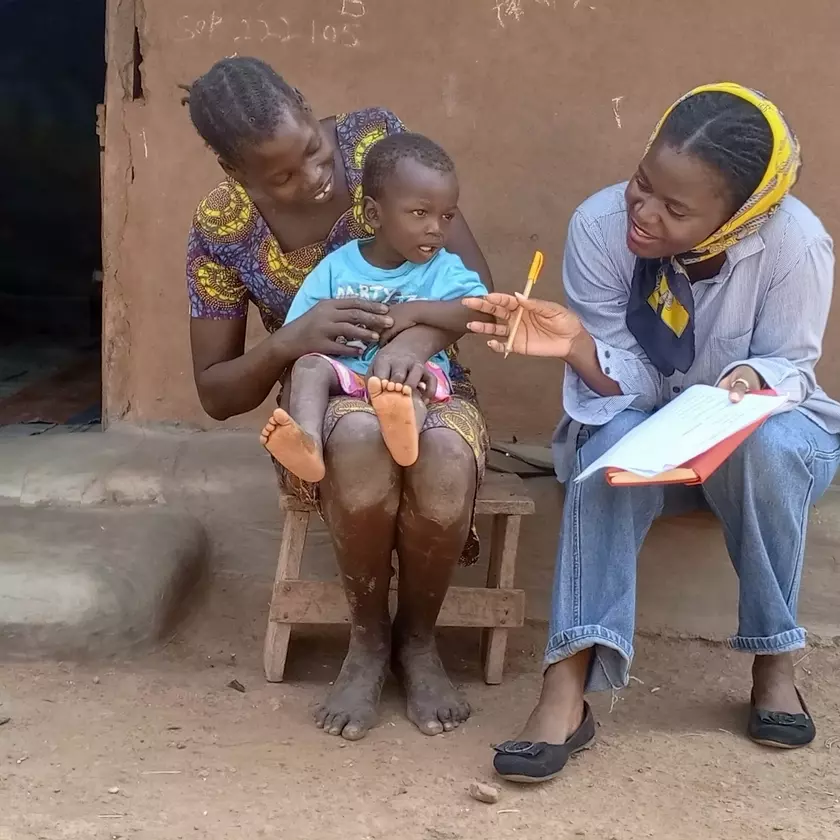When Hope Is a Cabbage Field: A Reflection from Uganda
16 July 2025 13:44
Following a recent visit to our projects in Uganda and South Sudan, HHA CEO, Carwyn Hill, has shared a reflection on the challenges he witnessed, and the hope that flourishes through our work and in those we've helped:
This reflection captures just 24 hours of my recent visit to Uganda – a day that held both sobering challenges and surprising moments of hope. It was a powerful reminder of the complexity of the context we work in, and the difference that even small seeds of support can make.
Crippled Systems, Growing Desperation
This was my first trip back to Uganda since the latest round of global aid cuts began to severely disrupt services for refugees. Uganda remains home to Africa’s largest refugee population, with over 1.8 million people seeking safety here. But the international response is faltering.
In May, the UN Refugee Agency announced that food rations for around 1 million refugees would be cut entirely. The rest have seen their monthly rations slashed to unmanageable levels. We arrived in Palorinya Refugee Settlement – home to many South Sudanese refugees – where we were met by Robert, our Nutrition Officer. Normally an unshakably positive presence, Robert didn’t mince his words. “The health system is crippled. Education is crippled. Nutrition is crippled,” he said as we travelled along the dusty tracks towards our HHA projects.
What does this mean in practice? It means services that once offered a lifeline are now reducing or in some cases gone. NGOs and UN agencies have made huge staffing cuts. Essential, life-saving supplies are running desperately low.
Take Plumpy’Nut – a therapeutic food used to treat severe acute malnutrition. Since 2018, HHA has partnered with Edesia (a US supplier of Plumpy’Nut) and UNHCR to help plug supply gaps, shipping this life-saving product to frontline clinics. But the pipeline is now critically strained. One aid worker told us plainly: without extra support, they soon won’t be able to treat malnourished children at all.
The result? Children who could be saved will die.
I struggle to write that sentence. Many of you know our personal story – my wife and I lost one of our sons, Noah. Yet amidst that grief, we carry the comfort that Noah received the very best care possible. The very best support, the very best love. That’s a gift every parent should have. But it’s no longer the reality for thousands of families across the world – families who watch helplessly as health centres run out of the basics they need to save their child’s life. To then face the prospect of losing your child inside a health facility, not because the treatment doesn’t exist, but because it’s simply not there – that leaves me speechless, and angry.
Hope amongst the cabbages
And then, on the same day, against this harrowing backdrop, we stepped into a field of cabbages – more cabbages than I’ve ever seen.
Walking through maize fields to one of our agricultural sites, we found ourselves in what felt like an oasis of peace. A refugee father welcomed us, proudly overlooking his crops. “Before I was introduced to HHA, it felt like I was walking through a desert,” he said. “Living in the dark, with nothing to show for my efforts.” Now, he’s harvesting over 800 cabbages – enough to generate over £475 for his family and others, a huge amount when many families in the settlements live on less than $1 a day. Beyond that field, over 100 acres of HHA-sponsored farmland stretched to the horizon.
Further along, we found 100 wheelbarrows, each filled with tools and seeds funded by one of our amazing donors. These will support 100 new families – most of them including a person with a disability – to join this growing movement of hope. It was a joy to see each family walk away smiling, carrying not just equipment but renewed purpose.
A powerful reminder of the ongoing need
At the edge of the crowd of this distribution, we noticed a mother and her beautiful daughter, who has Down syndrome – much like my eldest son. They arrived in recent months, having fled the war in Khartoum, Sudan, with seven children. As she shared her story, I was struck by the familiarity of her expression. It mirrored the faces of South Sudanese mothers I met in 2017 when this settlement first opened – a mixture of grief, confusion and quiet resilience. A kind of dignified calm in the midst of deep upheaval. They’re not yet enrolled on our programme, but our team took their details to ensure follow-up support through our Community-Based Rehabilitation team. Meeting this family was a sobering reminder that this refugee crisis is ongoing; that, just like when I first visited in 2017, new people are arriving every day and are in desperate need of support.
Extraordinary News – and an Urgent Need
And to add to this extraordinary 24 hours, we also received a message from our partners at Edesia. Not one, but two containers of Plumpy’Nut had been secured for our joint efforts. Over 3,400 cartons. Each one representing a child who can now be saved from malnutrition. It’s extraordinary. An answer to prayer.
But here’s the challenge. We’d only budgeted to ship one container this year. The second wasn’t planned – and isn’t funded. We’ve taken the decision to say yes anyway. Because how could we not? We’re now urgently working to raise the additional £7,500 needed to ship both containers and get them to Uganda as soon as possible.
This was one day. One glimpse. But it says so much. It tells the story of why your support – your prayers, your donations, your advocacy – matters so deeply. In a world of overwhelming need, your generosity is changing lives.
If you’re moved to respond, we’d love you to consider helping us fund the second Plumpy’Nut container. We have the product. We have the team. We have the need. We just need the means to deliver it.
Donate Now – and help us bring hope and healing, one carton at a time.
With deep gratitude,
Carwyn

